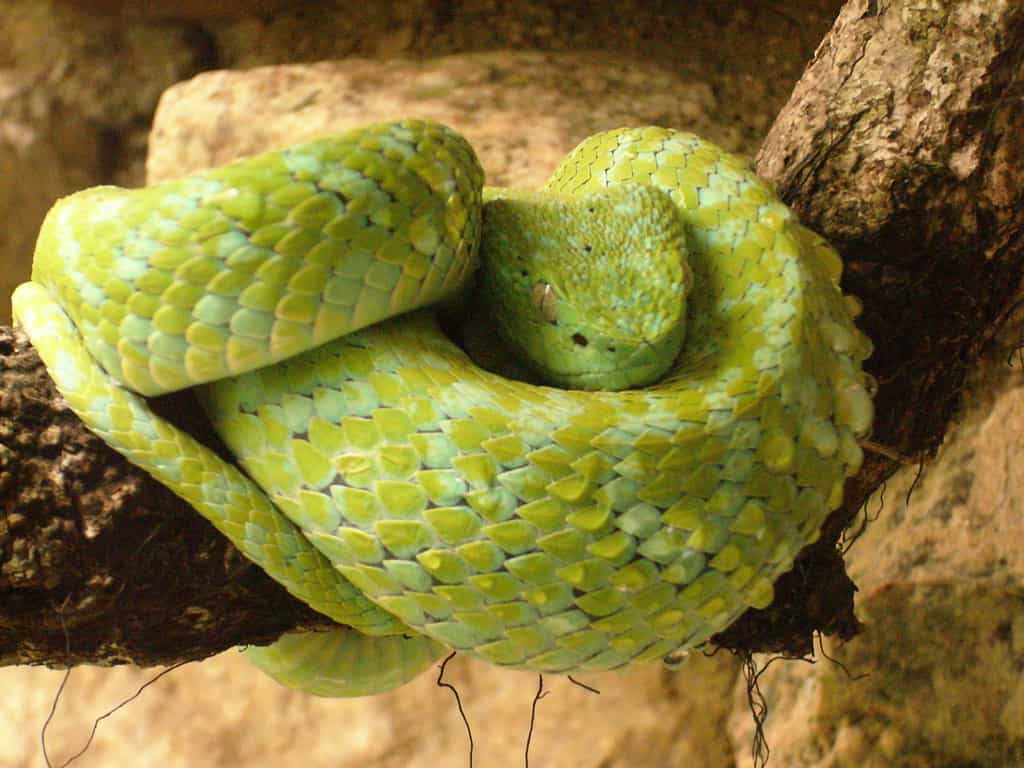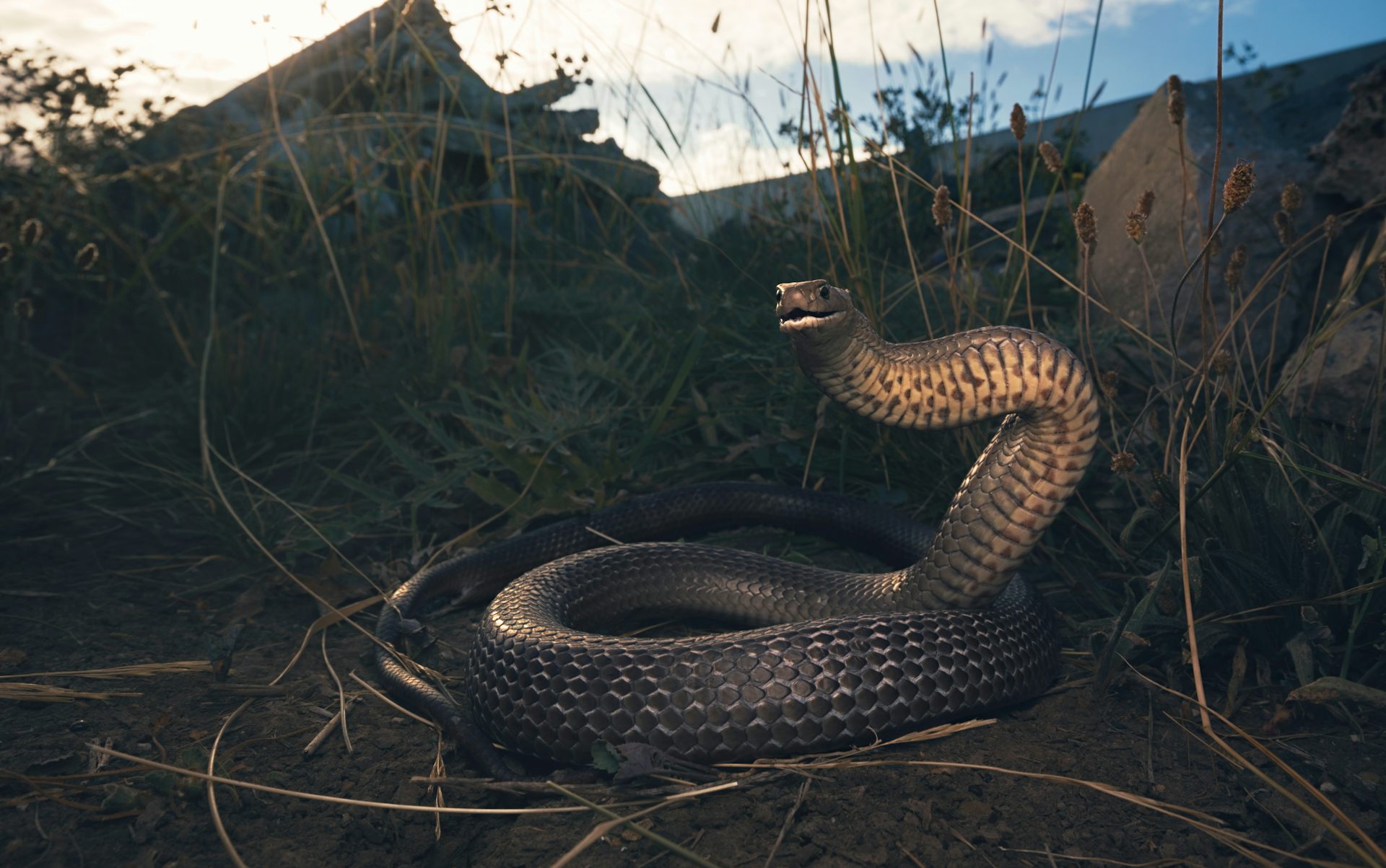Introduction
Tiger serpents (Notechis scutatus) are amongst one of the most fascinating yet feared reptiles found in Australia. With their striking appearance and powerful poison, these snakes evoke a mixture of awe and caution. Observing tiger serpents in their natural surroundings can be an exhilarating experience for nature fanatics, wild animals professional photographers, and scientists alike. Nevertheless, it's essential to approach this undertaking with respect for the pet's habitat and an understanding of precaution to avoid snake bites.
In this extensive guide, we'll explore just how to safely observe tiger serpents in their natural habitat. We will cover topics ranging Brown Snake from recognizing their habits and habitats to emergency treatment for snake bites-- furnishing you with expertise to enhance your experience while decreasing risks.
What is a Tiger Snake?
Tiger snakes are highly venomous snakes native to Australia, specifically Tasmania and coastal regions. They are known for their unique banded coloration looking like a tiger's red stripes, which can vary from yellowish-brown to dark brown and even black.
Physical Characteristics
Tiger serpents are medium to large-sized serpents that can mature to 2 meters long. Their bodies are robust, and they have a broad head that is noticeably bigger than their necks.
Habitat Preferences of Tiger Snakes
These reptiles usually occupy wetlands, estuaries, and seaside areas but can likewise be found near freshwater sources like rivers and lakes. Comprehending where these snakes live http://milonfoc793.tearosediner.net/emergency-preparedness-your-essential-snake-bite-first-aid-kit is essential for any individual wanting to observe them safely.

Understanding Tiger Snake Behavior
Are Tiger Snakes Venomous?
Yes, tiger snakes are amongst the most poisonous snake varieties worldwide. Their poison has neurotoxins that can cause severe medical complications if bitten.
Behavioral Traits
Tiger snakes are usually shy animals; they favor to stay clear of human communication. However, they can come to be aggressive if threatened or collared.
Where Can You Locate Tiger Snakes?
Tiger Snake Environment Exploration
To securely observe tiger snakes in their all-natural habitat, it's crucial initially to recognize where they prosper. They tend to prefer:
- Coastal marshlands Mangroves Swamps Riverbanks
Best Locations for Observation
Some advised locations include:
- Tasmanian wetlands The shorelines of southerly Australia National parks with water bodies
Safety Preventative measures Prior to Observing Tiger Snakes
Understanding the Dangers of a Tiger Serpent Bite
Although experiences with tiger snakes can be awesome, understanding the risks entailed is critical:
Recognize symptoms of a snake bite: swelling at the site, discomfort radiating from the bite area. Know emergency get in touches with: Acquaint on your own with local emergency situation services. Carry a first-aid kit specifically geared up for serpent bites.First Aid for Serpent Bites: What You Need to Know
Knowing what actions to take if bitten could save your life or another person's:
- Stay calmness; motion enhances venom spread. Call for clinical aid immediately. Do not apply ice or effort suctioning.
How to Securely Observe Tiger Snakes in Their All-natural Habitat
When you choose to observe tiger serpents in the wild:
Dress Appropriately: Put on lengthy pants and tough boots. Use Binoculars: Maintain a secure range while observing these reptiles. Avoid Abrupt Movements: Quick activities may alarm them. Stay on Established Trails: Avoid straying right into thick underbrush where exposure is low.Equipment Required for Observation
Essential Gear Checklist
- Binoculars First-aid kit particularly designed for serpent bites Field manual on Australian reptiles Camera (with zoom ability)
Snake Bite First Aid Package Essentials
A fully equipped emergency treatment package ought to include:|Item|Function|| -------------------------------|-------------------------------|| Compression bandage|To debilitate the damaged area|| Antihistamines|For allergies|| Emergency get in touch with numbers|Quick accessibility during emergencies|
Interpreting Tiger Snake Signals
Understanding how tiger snakes connect with body movement assists observers determine when it's secure or dangerous:
Common Behaviors
Defensive pose: If curled or elevated off the ground. Retreating behavior: When they slowly retreat from possible threats.Dealing With Prospective Encounters
Even with precautions taken, an experience may still occur during your Habitat locations of Australia’s most venomous snakes monitoring journey:
Remain calm; worrying just increases risks. Slowly retreat without transforming your back on the snake. Make your presence recognized vocally yet prevent unexpected movements.Frequently Asked Concerns About Tiger Snakes
1. What ought to I do if I see a tiger snake?
Remain calmness; observe from a range without troubling it.

2. Are infant tiger snakes dangerous?
Yes, adolescent tiger serpents are birthed poisonous and may position dangers similar to grownups regardless of being smaller.
3. Just how typical are tiger snake bites?
While events occur every year in Australia, deaths are rare because of timely treatment availability.
4. Can I maintain a tiger serpent as a pet?
Keeping wild tiger serpents as pets is unlawful in several areas due to preservation laws.
5. What does a tiger snake bite appearance like?
Bite marks commonly show 2 puncture wounds together with local swelling and discoloration.
6. How effective is antivenom?
Antivenom treatment is highly efficient when provided prompt after a bite.
Conclusion
Observing tiger serpents in their all-natural habitat offers a thrilling chance for wild animals fans yet need to be approached with caution and respect for both the animal and its setting. By equipping on your own with expertise regarding these interesting reptiles-- including recognizing their behaviors and precaution-- you can delight in unforgettable experiences while dramatically reducing threats connected with encounters.

In summary, constantly prioritize security by preparing adequately before starting any type of wildlife observation expedition-- particularly when managing a few of nature's most poisonous animals like the tiger snake!